Property Geek
We provide the actual and accurate information with unbiased user driven reviews to our viewers, to help them see the best and find the best!
View posts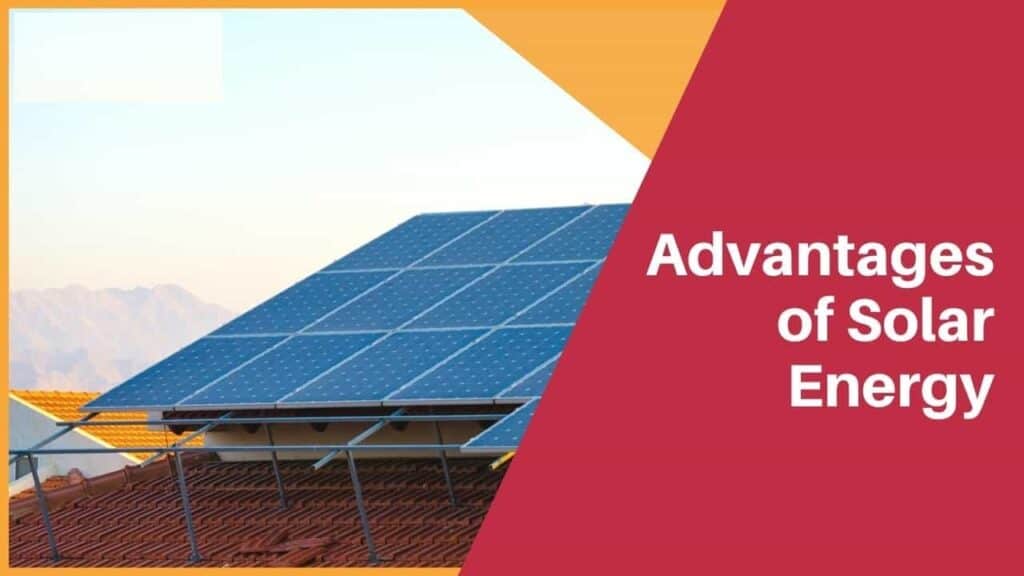
If you have been looking at your energy bill lately and thinking of reducing its charges, solar energy must be on your list of alternatives. Solar power allows you to harness sunlight and turn it into electricity. You can even fully disconnect from your main electrical grid or reduce your dependency on it. The advantages of solar energy are substantial over conventional energy sources. That doesn’t mean it doesn’t have its flaws; solar-powered homes come with their own set of drawbacks but they are dwarfed by what advantages they offer.
First things first, let’s discuss what solar energy is and how it is produced!
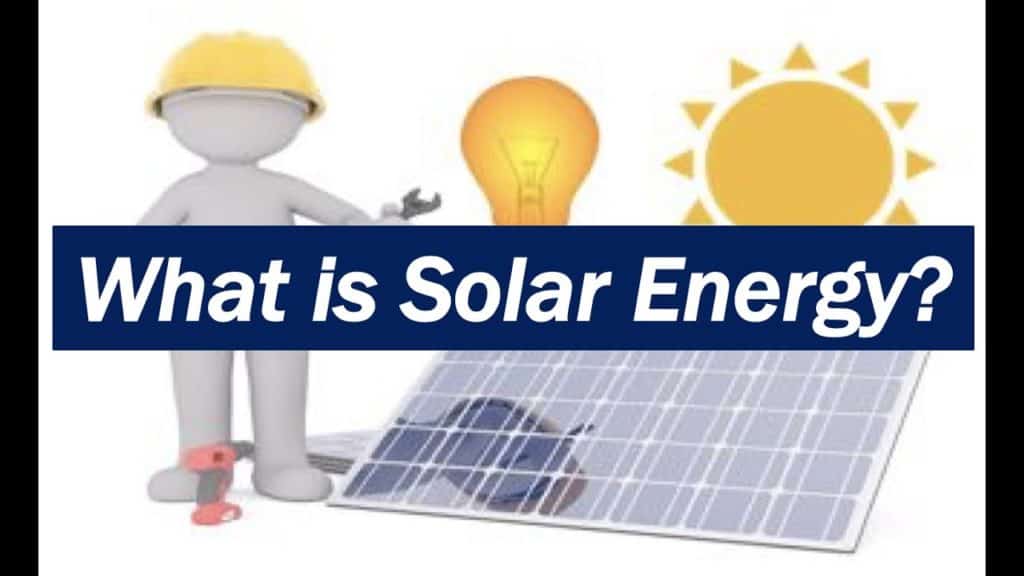
Solar energy is the radiant light generated by nuclear fusion in the sun. It takes just 8 minutes for that energy to make the multi-million-mile trip to earth. Every hour, the earth gets enough solar energy to power the entire world for a year. Brilliant, right?
This impressive feat of the sun tells us how much potential energy Mother Earth is receiving. So we humans invented solar panels to trap that energy from the sun and turn it into electricity that powers our lives. The concept of converting solar energy into current was introduced by Charles Fritts. Today’s photovoltaic-based solar panels came into operation in 1894 through Melvin Severy. The concept of storing energy in thermal batteries was brought to the world’s attention by Harry Reagan. Bell laboratories replaced silicon with selenium in the 1950s and we got our modern solar panels.
Solar panels can capture the energy from the sun and convert it into usable energy for buildings, homes, or swimming pools. Solar panels are made up of photovoltaic cells that convert the energy of the sunlight to an electric current to power your building or home.
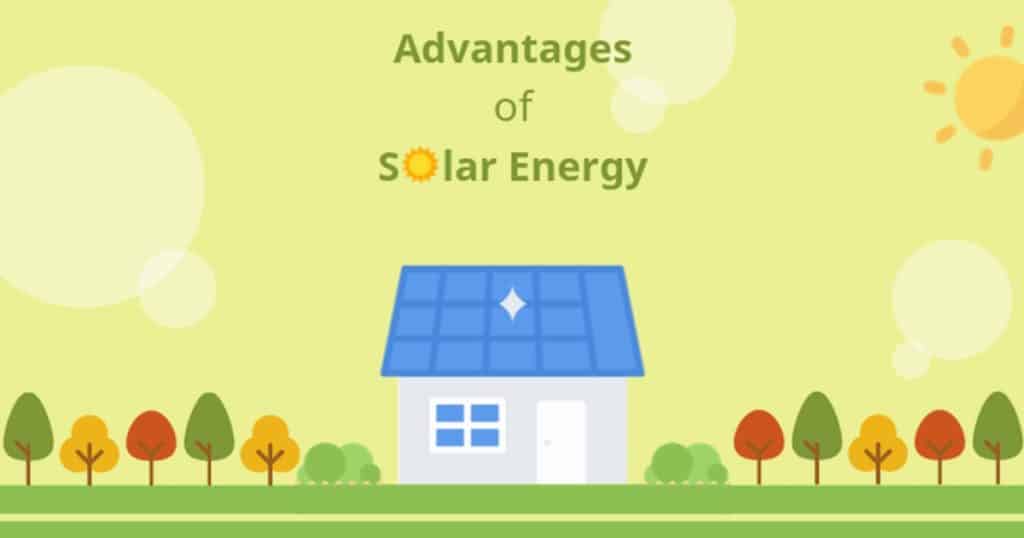
Solar energy is indeed one of the best sources of energy the universe has given us. They are especially useful if you are living in a temperate climatic region with less rain and more sunshine for the majority of the year. So if you are wondering what are the advantages and limitations of solar energy, let us tell you that the advantages of solar energy surpass its limitation. Here’s why you need to consider solar panels as your best alternative to conventional energy sources:

Renewable energy: Solar energy is almost 100% clean compared to fossil fuels which significantly leave the environment polluted. The burying of fossil fuels releases about 21 billion metric tons of carbon dioxide into the environment every year. To add to that, a typical American home generates about 14,920 pounds of carbon dioxide annually. However, solar panels can help in decreasing your emissions by more than 3,000 pounds annually.
Noise pollution: If you are worried about noise pollution, you have made a good choice with solar panels. When compared to other sources of renewable energy like residential wind turbines, solar panels provide cleaner and silent energy since there are no moving parts that can make noise.
Air pollution: By decreasing air pollution, your solar can prevent almost $167 billion in health and environmental damages and can almost save 25,000 lives. In the city of New York, a household with renewable energy sources like solar panels switches the carbon emissions of over 5,000 pounds of coal.
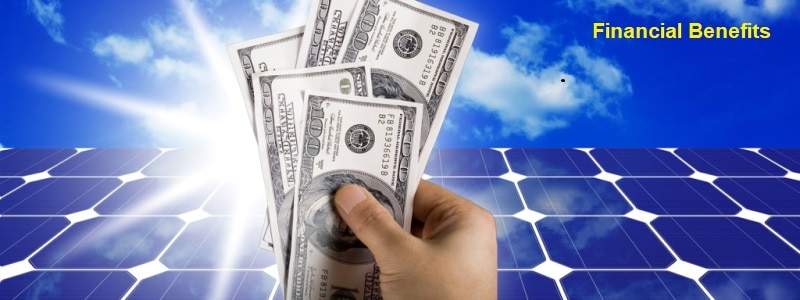
Tax deductions: If you install solar panels through state and federal incentive programs it may save you money. You can go through your own state’s incentive program to know what kind of discount one may be eligible for, as some may offer tax deductions for up to 30% of installation costs. If you want to improve your home with solar power, it could save you between $10,000 to $30,000 over an almost twenty-year period.
Inverter costs: But it may also depend on your location, home size, and electricity usage. Once solar power is installed, maintenance will be relatively simple, you need to clean the panels a few times a year, change the inverter once every 5-10 years, and do occasional maintenance of the cables.
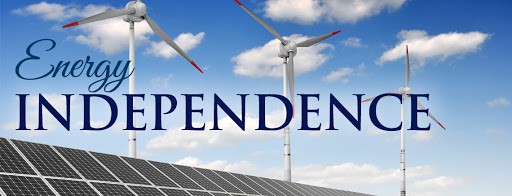
A solar upgrade to the home can offer independence from traditional energy sources and solar energy can help insulate you from inevitable rising energy costs. Solar energy is unlimitedly unrenewable (roughly it is 10,000 times more than what humans require). Capturing a mere 0.02% of sunlight on earth is enough to replace every other energy source in existence.
Here’s an interesting and notable fact: Earth’s albedo (sunlight reflected back to space) is roughly 52 petawatts. This is approximately equivalent to
(Aah, not forget 1 million fictional DeLorean time machines!)
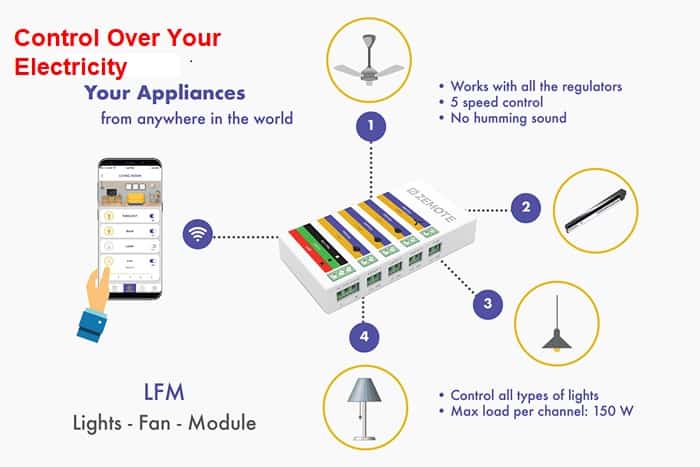
Electricity costs: If you want freedom from utility companies with predictable electric bills then home solar panels and a home battery can offer great help. This will help you to avoid peak electricity rates and also provide reliable backup power when the grid goes down.
Over the past ten years, electricity costs have drastically risen by 15%, and this is a trend that is likely to continue. Solar service agreements, however, can offer lower and more predictable rates that are typically inexpensive than the electric company’s rates. So when you go solar you can expect, on average, to pay less for power.
Blackout gain: When you use solar energy at your home it will also give you freedom from the next blackout. The United States faces the highest number of power-outage minutes of any developed nation, and this is only likely to increase in an aging power grid and face extreme weather events.
Remote areas: Several remote areas do not come under the electricity grid. These 1.8 billion houses worldwide can benefit from solar panels. They have drastically improved the quality of life in these areas along with improving overall health and environmental concerns.
Another benefit of solar energy and solar batteries is the increase in home value. Here are things your house will achieve once you install solar panels in them:
In recent years the cost of home solar systems has fallen dramatically, in just the last decade the costs have fallen more than 70%. The cost of home solar batteries has dropped substantially.
Solar energy is the most efficient form of renewable energy on earth. It gives you electrical independence to go off-grid, saves you a ton of money in the long run, helps you live a greener lifestyle, and provide greener jobs. The initial expenses of installing solar panels are high but worth the investment. They take advantage of net metering and government tax credits.
Now the advantage of solar energy in India is that for every blackout in the summer, you will have a constant power supply. The hottest summers mean the most efficient day for solar panels. The top two advantages of solar energy are that it doesn’t cost you a monthly electricity bill and that you leave no carbon footprint on Mother Earth.
Here are 10 reasons why you should discard conventional power sources and switch to solar panels:
Well, the obvious disadvantage is that solar panels don’t work at night. The installation charges could be quite expensive as the DIY installation is difficult for the layman. Apart from that, you need space to install solar panels which may not be possible in crowded Indian cities.
Solar panels will become cheaper with the advent of innovative manufacturing technology. By 2030, solar might become the primary source of electricity in the world. This will also have a positive turnabout on climate change and environmental issues.
Solar panels last a minimum of 25 years. Also known as PV panels or photovoltaic panels, they were installed as early as the 1980s. They have proven to be remarkably efficient and their longevity has increased over the last 20 years.
Solar panels can work without direct sunlight, even on winter or cloudy days. But yet they work with maximum efficiency when the sun is shining directly on them. It doesn’t mean you cannot get electricity from them at night; only the production is stopped but a storage system can provide you with current constantly.